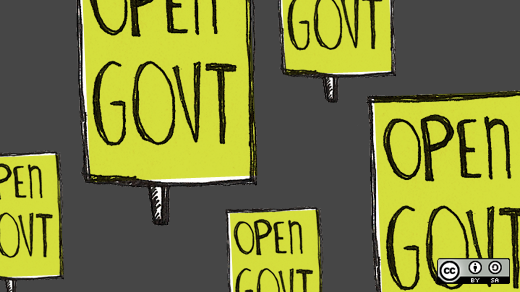
Power of Data in Smart Cities
The world's population is rapidly urbanizing, and by 2050, it is expected that 68% of people will live in cities. This growth poses significant challenges to urban development, such as providing adequate housing, transportation, and energy to support the needs of a growing population. However, the emergence of smart cities is changing the game. Smart cities use data and technology to optimize urban systems, enabling cities to become more efficient, sustainable, and livable. In this article, we will explore the power of data in smart cities and its potential to transform urban development.
The Power of Data in Smart Cities: Improving Efficiency and Sustainability
What are Smart Cities, and How Do They Work?
Smart cities are urban areas that use data and technology to optimize the use of resources and infrastructure to improve the quality of life of citizens. Smart cities use sensors, data analytics, and internet of things (IoT) devices to collect and analyze data in real-time, providing insights into urban systems such as transportation, energy, water management, waste management, and public safety. By using data-driven insights, smart cities can make informed decisions to optimize urban systems and provide more efficient and sustainable services to citizens.
The Role of Data in Smart Cities
Data is the lifeblood of smart cities. The use of data and analytics enables smart cities to gain insights into urban systems, enabling informed decision-making to optimize services and resources. Data is collected through various sources such as sensors, mobile devices, social media, and other IoT devices. This data is then processed using advanced analytics and machine learning algorithms, providing insights into urban systems' performance and identifying opportunities for optimization.
Benefits of Data-Driven Smart Cities
The use of data in smart cities provides numerous benefits, including:
- Improved efficiency: Data-driven insights enable smart cities to optimize urban systems, reducing waste and improving efficiency. For example, by analyzing transportation data, smart cities can optimize traffic flow and reduce congestion, improving the overall efficiency of the transportation system.
- Greater sustainability: Smart cities use data to optimize energy usage, reduce greenhouse gas emissions, and promote sustainable practices. For example, by using smart grid technology, cities can optimize energy usage and reduce waste, promoting sustainability.
- Improved quality of life: Smart cities use data to improve the quality of life of citizens, providing better access to services and resources. For example, by analyzing data on public transportation, cities can improve transportation services, providing more efficient and accessible options for citizens.
Challenges of Data-Driven Smart Cities
The use of data in smart cities presents several challenges, including:
- Data privacy and security: As cities collect and analyze data, there is a risk of data breaches and misuse of data. Cities must ensure that proper data security measures are in place to protect citizens' privacy.
- Data quality: The quality of data used in smart cities is critical. Data must be accurate and reliable to ensure that decisions based on data-driven insights are effective.
- Infrastructure and funding: Building smart cities requires significant infrastructure and funding. Cities must invest in the necessary infrastructure and secure funding to support the development of smart cities.
Emerging Technologies in Smart Cities
Smart cities are continually evolving, with new technologies emerging to provide even more efficient and sustainable urban solutions. Some of the emerging technologies in smart cities include:
- 5G Networks: 5G networks provide faster and more reliable connectivity, enabling smart cities to support even more IoT devices and collect more data.
- Artificial Intelligence (AI): AI can help smart cities analyze data faster and more accurately, providing insights into urban systems that were previously impossible to obtain.
- Autonomous Vehicles: Autonomous vehicles can reduce traffic congestion and improve transportation efficiency, enabling cities to optimize their transportation systems further.
- Blockchain: Blockchain can provide secure and transparent data sharing in smart cities, enabling citizens to have more control over their data.
Examples of Data-Driven Smart Cities
Several cities worldwide have already implemented data-driven solutions to optimize their urban systems. Here are some examples:
- Singapore: Singapore is one of the world's leading smart cities, using data to optimize transportation, waste management, and energy usage. Singapore's Smart Nation program aims to leverage technology to improve citizens' quality of life continually.
- Amsterdam: Amsterdam uses data to improve transportation efficiency, reduce carbon emissions, and provide more sustainable urban solutions. Amsterdam's Smart City program aims to create a circular economy, reducing waste and promoting sustainable practices.
- Barcelona: Barcelona uses data to improve urban planning, optimize transportation, and promote sustainable tourism. Barcelona's Smart City program aims to make the city more livable, promoting social inclusion and sustainability.
FAQs
Conclusion
The power of data in smart cities is undeniable. By using data and technology to optimize urban systems, smart cities can provide more efficient, sustainable, and livable cities for citizens. However, building smart cities is not without its challenges, and cities must ensure that data privacy and security measures are in place, data is of high quality, and the necessary infrastructure and funding are available. With the integration of emerging technologies, the future of smart cities is exciting, and we can expect even more efficient and sustainable urban solutions to improve the quality of life of citizens.



